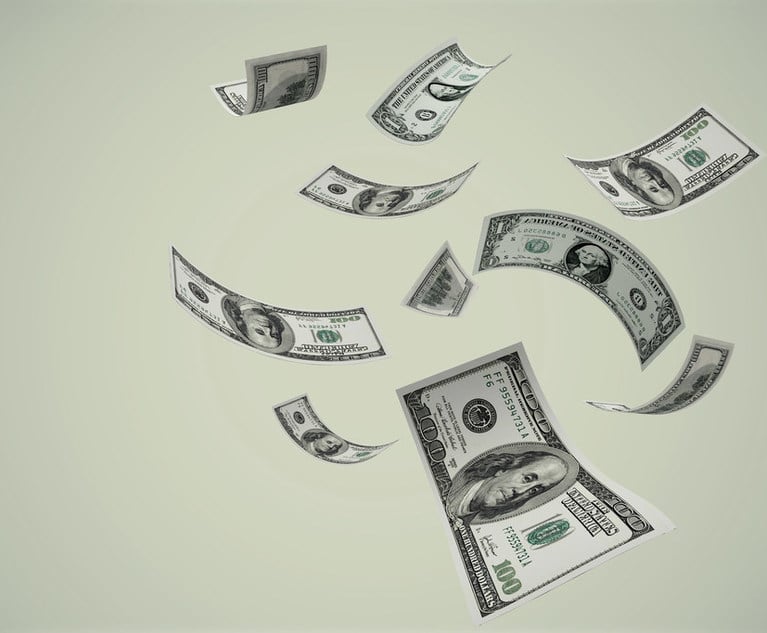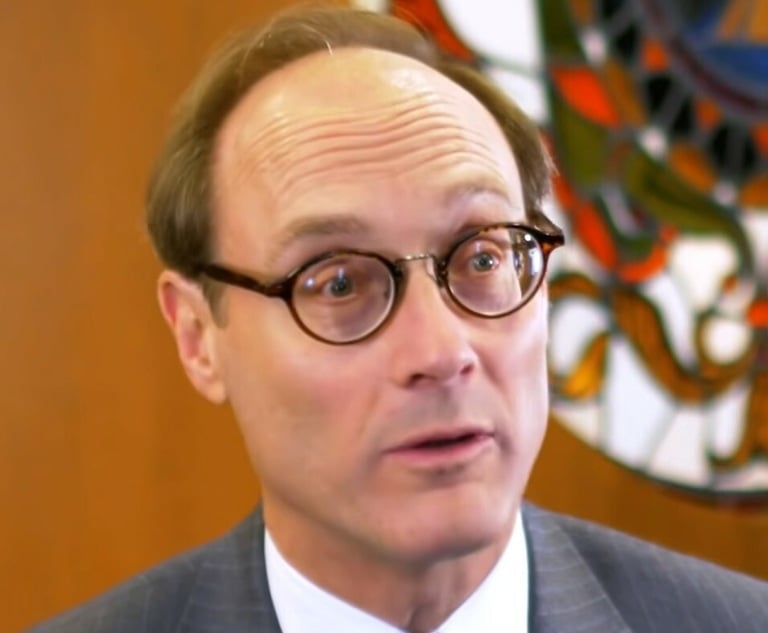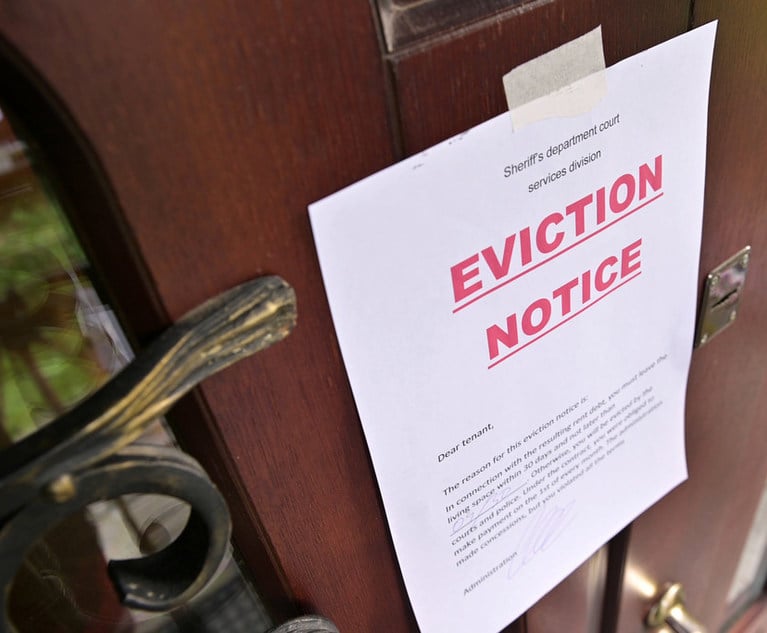 Local Law 97 (2019 N.Y.C. Local Law No. 97, N.Y.C. Admin. Code. §28.320) (LL97) was enacted in May 2019 by the New York City Council as the “centerpiece” of the New York City Climate Mobilization Act (CMA). LL97 is ambitious legislation aimed at reducing greenhouse gases emitted from many of New York City’s largest buildings by 40% by 2030, and by 80% by 2050, requiring the owners to undertake costly upgrades, replacements, and the introduction of new “green” technologies. Another component of the CMA, Local Law 96 (2019 N.Y.C. Local Law No. 96, N.Y.C. Admin. Code. §11-3001) (LL96), establishes the NYC Accelerator PACE Financing Program (the Accelerator Program) to provide financing to fund the costs of LL97 compliance in the form of assessments added to a property’s tax bill, known as Property-Assessed Clean Energy (PACE) financing. The New York City Mayor’s Office of Climate & Environmental Justice (the OCEJ), together with the New York City Energy Efficiency Corporation (the EEC), are responsible for implementing and administering the Accelerator Program.
Local Law 97 (2019 N.Y.C. Local Law No. 97, N.Y.C. Admin. Code. §28.320) (LL97) was enacted in May 2019 by the New York City Council as the “centerpiece” of the New York City Climate Mobilization Act (CMA). LL97 is ambitious legislation aimed at reducing greenhouse gases emitted from many of New York City’s largest buildings by 40% by 2030, and by 80% by 2050, requiring the owners to undertake costly upgrades, replacements, and the introduction of new “green” technologies. Another component of the CMA, Local Law 96 (2019 N.Y.C. Local Law No. 96, N.Y.C. Admin. Code. §11-3001) (LL96), establishes the NYC Accelerator PACE Financing Program (the Accelerator Program) to provide financing to fund the costs of LL97 compliance in the form of assessments added to a property’s tax bill, known as Property-Assessed Clean Energy (PACE) financing. The New York City Mayor’s Office of Climate & Environmental Justice (the OCEJ), together with the New York City Energy Efficiency Corporation (the EEC), are responsible for implementing and administering the Accelerator Program.
The Accelerator Program will undoubtedly be seen by many building owners as an attractive option to pay for the costs associated with LL97 compliance, since PACE financing provides for: (1) a long-term (potentially 20 years or more), fully-amortizing loan; (2) a fixed, low-interest rate; (3) 100% non-recourse financing; (4) no mortgage recording taxes; (5) no acceleration upon default; and (6) a loan which is not due on sale. These factors make PACE financing more appealing than mezzanine financing, preferred-equity, and bridge loans that generally have much higher interest rates, fund no more than 60%-80% of the cost of the improvements, are likely to require certain types of guarantees from the borrower’s “key” principals, and oftentimes have maturity dates only two to three years from the closing. To lay the foundation for the Accelerator Program, below is a brief summary of LL97 and the types of properties to which it applies.






